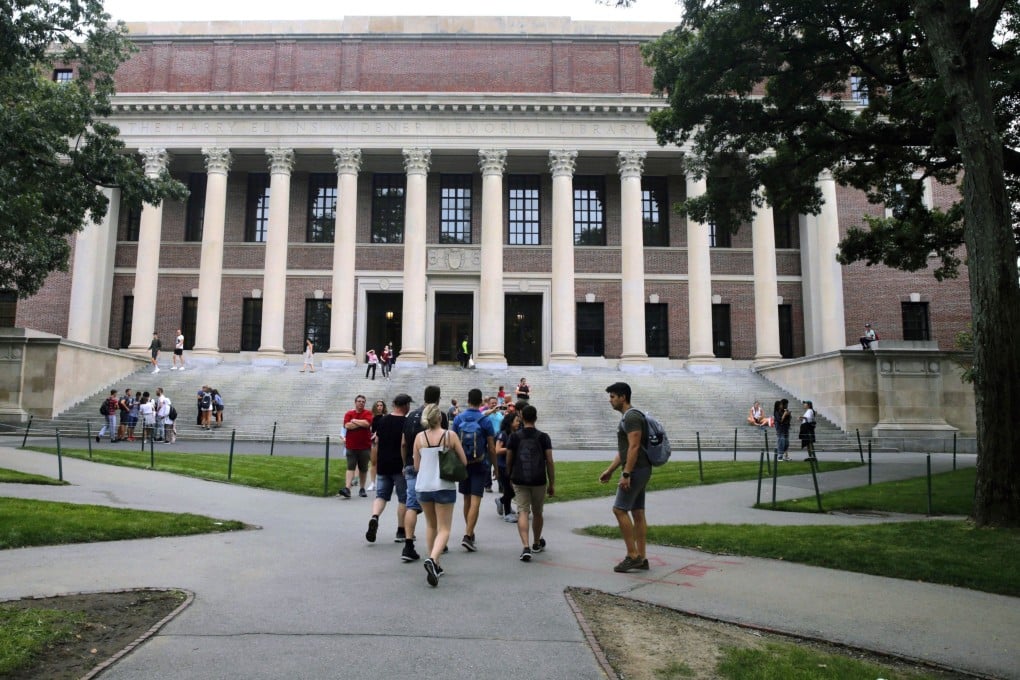Curricular considerations
- For secondary school curricula at international schools across Hong Kong, the International Baccalaureate programme is now the most commonly offered
- Universities globally are now more adept at reviewing students who have studied a different curriculum than the dominant one in the institution’s home country

Every milestone stage of a child’s education journey is significant in its own way and comes with its own unique set of points to consider. For young people progressing to tertiary education, the senior years at secondary school are crucial, as these will determine where they go to university and what subject or subjects they will study. It is a pivotal time that pushes students towards what they hope to achieve in their lives and careers.
When it comes to young people at international schools with ambitions of studying abroad, a range of application procedures apply in different countries and at various universities. There is always a worry that, for example, an American university may be hesitant to offer a place to a student who has studied an unfamiliar curriculum.
When it comes to the secondary school curricula offered at international schools across Hong Kong, the International Baccalaureate (IB) programme is now the most common. Other programmes such as A-levels and Advanced Placement (AP) are available at certain schools but are more niche than before IB gained ascendancy.
The curriculum is obviously a significant factor when considering which school to send your child to, particularly with regards to older students and university considerations. Ruth Benny, founder of Top Schools Asia, a Hong Kong-based consultancy that specialises in education, advises parents not to make it the key deciding factor from the get-go, however.

“We meet parents of very young children, apparently guided by the fact they ‘might’ send their children to the US for grade nine, or the UK for year nine. That’s years away and, in my view, not an important factor in choosing a school for now,” she said. “Our clients are generally seeking a well-established school with a proven track record, and a good brand. Restricting choice further to one curriculum means they’d likely be eliminating good-fit options without realising.”